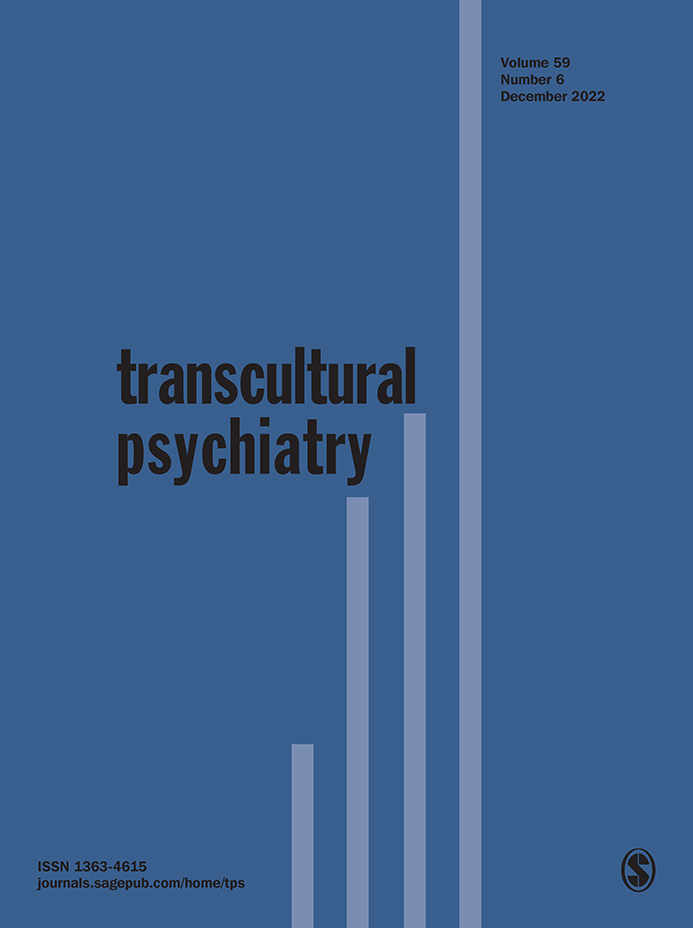Collective case formulation in situations of violent radicalization: A critical perspective in training.
Case formulation is used in clinical training to weave together theoretical perspectives and support a shared plan of action. Although a cornerstone of clinical practice, critical social theorists have highlighted the risks of depoliticizing political struggles and of reifying and fixing subjects when using psychopathology and case formulation to address situations of injustice. In the field of violent radicalization, this risk is increased by the extreme affects evoked by terror in practitioners and in societies. This article explores the challenges of training clinicians in the field of violent radicalization. It does so by analyzing a Community of Practice (CoP) that was developed to support practitioners involved in this domain of practice in Quebec, Canada. Four focus groups with CoP participants and participant observation of nine CoP meetings were conducted. Thematic and narrative analyses were used to explore the training potential of the CoP and to identify the discursive processes and group dynamics associated with this modality. Results indicate that the diversity of professional perspectives and social positionalities in the group plays a central role in helping participants become aware of their biases and in developing more complex understandings of cases and of their social embedding. Results also suggest that the collective holding of risk is key to preserve practitioners’ investment in patients involved with violent radicalization. The sensitive issue of partnership between health and social services and security agencies is also addressed. Results suggest that CoPs with strong leadership allow for experiential training to enhance clinical and critical thinking.

